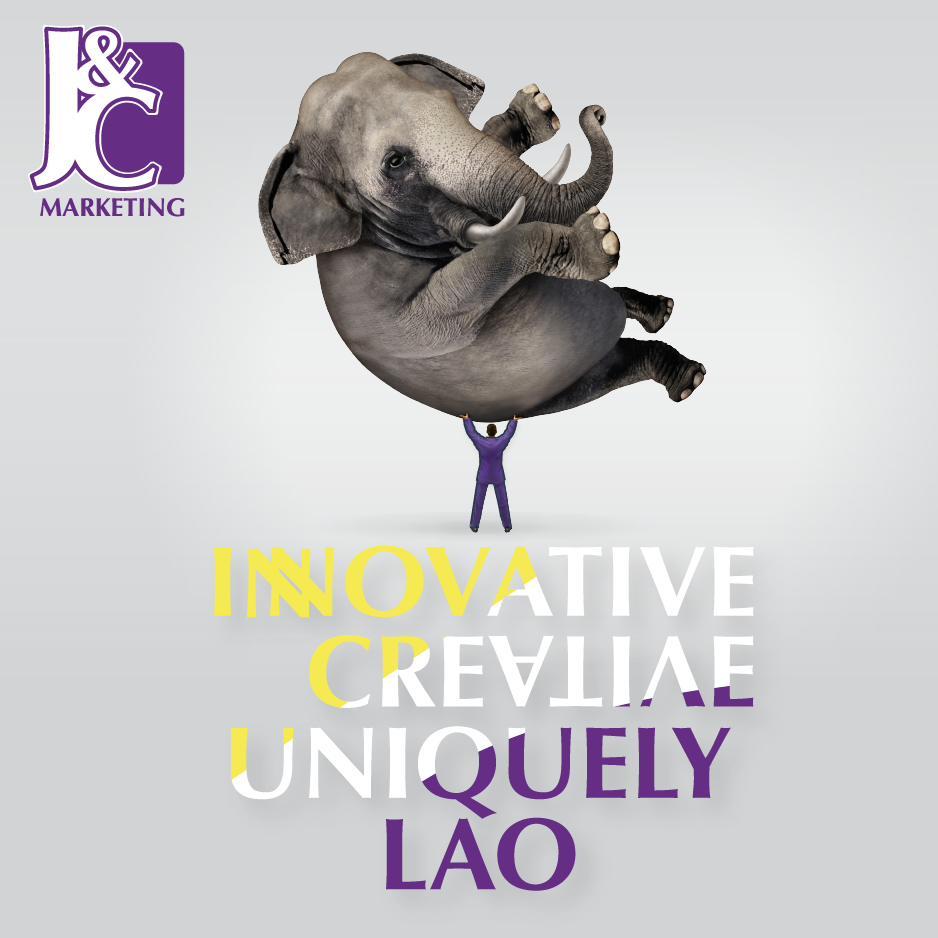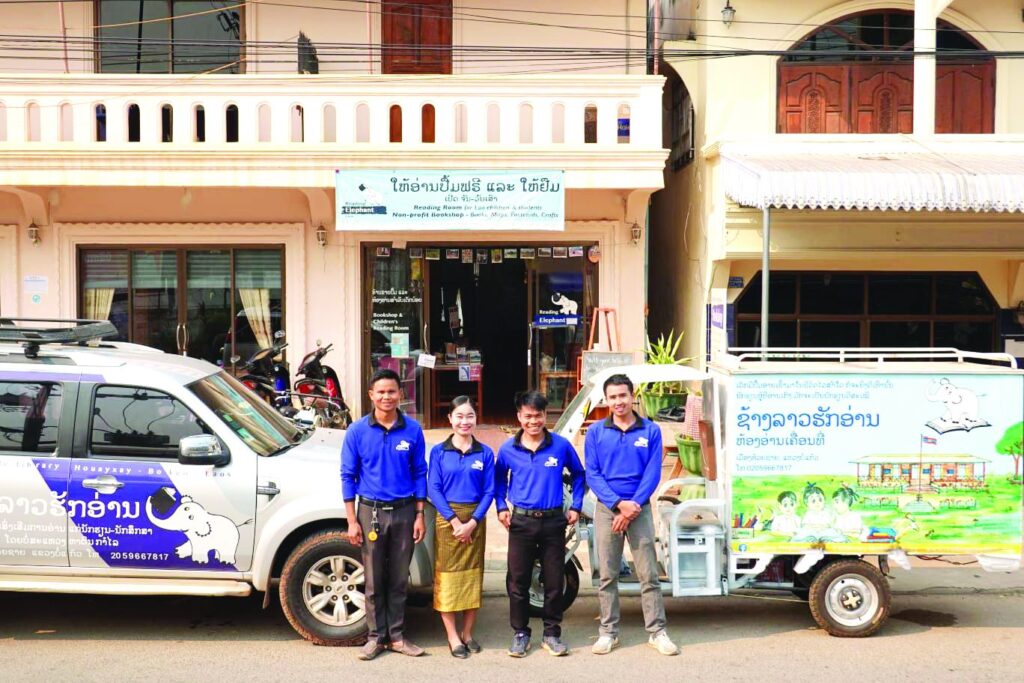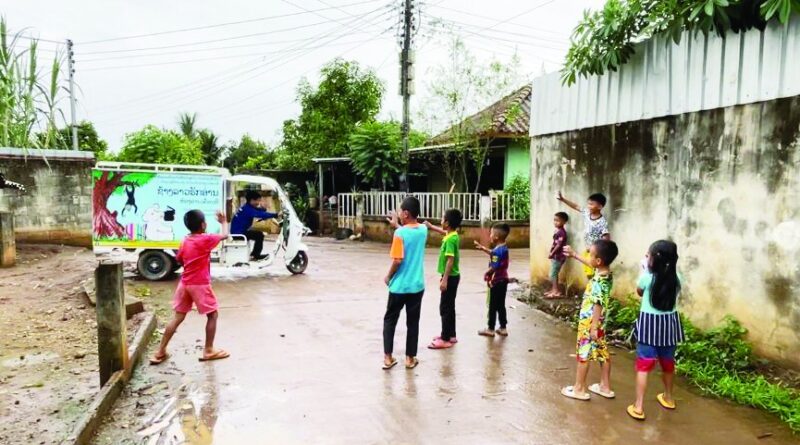Electric Bookmobile Adds Fun to Children’s Education
Source: Vientiane Times
Today is International Children’s Day, which is observed in Laos to draw attention to the special needs of children and specifically to children’s rights.
This is not only about general primary education for every child. The aim of the day is to raise public awareness of issues such as child protection and children’s rights, and to stress the fact that children are the world’s future.

We are Your Marketing Partners in Laos
Schools in Laos mainly teach basic knowledge according to state teaching guidelines. In addition, many national and international NGOs as well as private education providers try to offer children supplementary learning and leisure activities inside or outside of school.
One of the core tasks here is to improve the reading skills of all children, because reading is considered the most important basis for lifelong learning and knowledge acquisition.
The United Nations Sustainable Development Goal No. 4 is to “Ensure inclusive and quality education for all and promote lifelong learning”.
A small but very effective private civil society project is the Private Reading Room with Mobile Children’s Library named Reading Elephant Laos (REL) (ຊ້າງລາວຮັກອ່ານ), based in Huayxai district, Bokeo province.

It opened in 2018 and has since become very popular with many children in the area. There is a library where children can read and borrow books. The Reading Room also has interesting educational games and computer learning stations.
The Founder and Project Manager of REL, Mr Khamkeo Vongsavanh, told the Vientiane Times that since 2019 the project’s colourful bookmobiles have been a conspicuous feature on the streets of Huayxai district and in many surrounding villages.
The REL team regularly travels to primary schools and holds book festivals for children. Playfully, with group activities, with puppet shows and many story books, children are encouraged to have fun and enjoy reading, which should increase their interest in it and thus help improve their reading skills.
This is because many children still have deficits in reading, which can hinder their further development and further educational path.
In the new school year, the bookmobile will visit some schools on a monthly basis, and pupils will then also be able to borrow books regularly and take them home to read.
Our second bookmobile also travels along the streets and markets of Huayxai town and stays half the day in the morning or afternoon at places where there are children to hold activities.
“The children already know the colourfully painted electric tricycle with the books and games and they can hardly wait for it to arrive,” Khamkeo said.
Children help unpack it and enjoy the games, drawing, painting and reading, with the professional team of REL helping and assisting them.
The members of the project team are well trained and have gained a lot of experience in reading promotion over the last five years, with some being graduates from a teacher training college.
For International Children’s Day, REL invited children and parents to attend special activities in their reading room.
Children are precious assets for our future, so it’s very important that we give them education and encourage them to enjoy learning at an early age.
The project is supported by the school authority and financed by donations from tourists and a support association from Germany.
The team constantly strives for capacity development and participates in further training with partner organizations in Laos such as Action with Lao Children, Room to Read, and Big Sister Mouse.
Unfortunately, there are still very few projects like REL in Laos. The need to support children in their development and education through high-quality reading promotion is obvious.
Not only in Laos but also in many other countries, poor reading skills often hinder children’s chances for development.
Without reading skills, there can be no good education, so it’s important that small grassroots projects like this one receive even more support from our authorities, so that they can carry out their complementary extracurricular educational work for the benefit of society as a whole.

